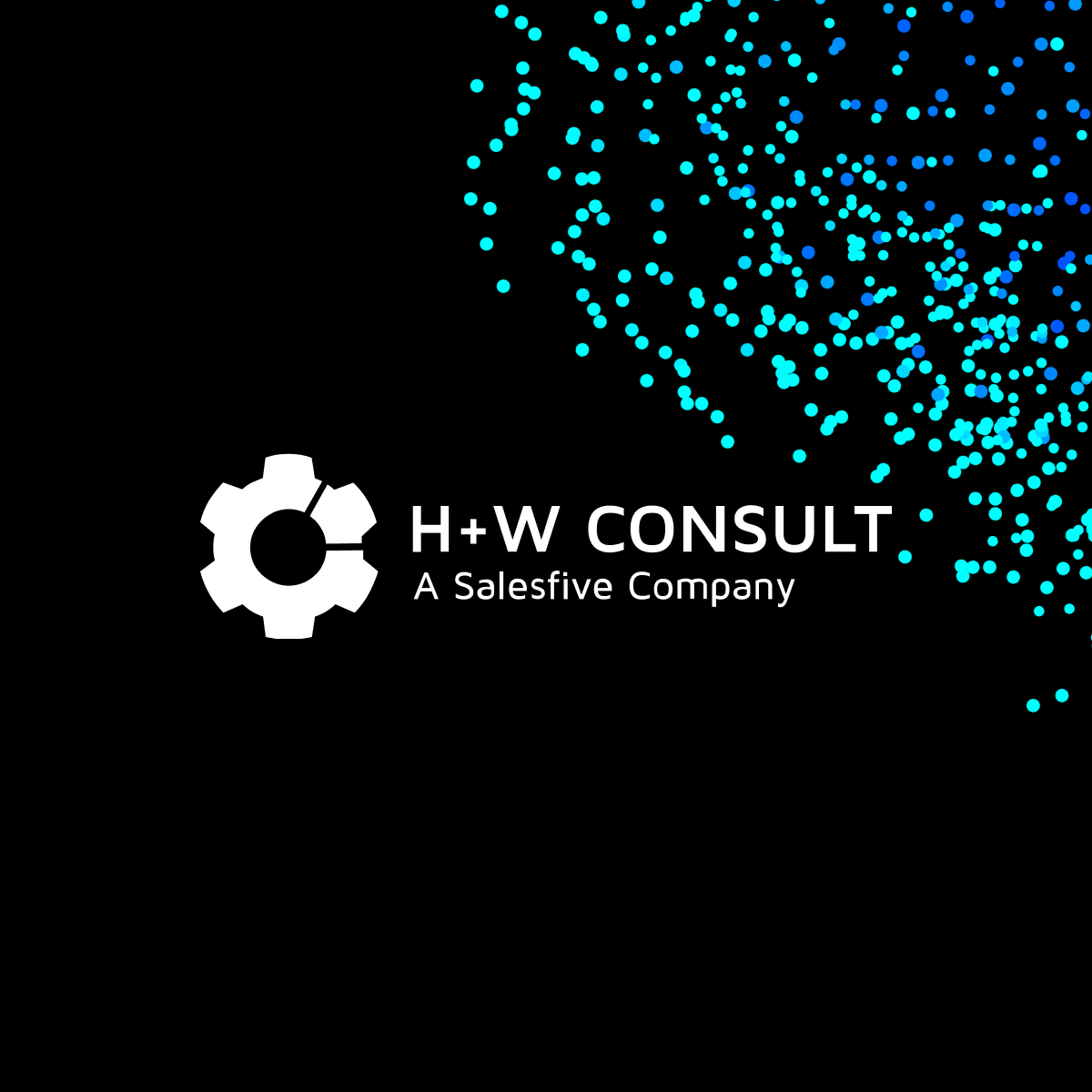Möchten Sie mehr wissen? Vereinbaren Sie ein Beratungsgespräch!
Short and sweet
A new set of values is forming in the consciousness of consumers, which is not only to be found in the retail sector, but extends into every area of our everyday lives. Retailers need to be aware of the impact of this "neo-ecology movement". Purchasing behavior and decisions are often influenced by how sustainable a company is, whether it has a sustainability strategy at all, and how transparent and authentic it appears when it comes to ethical and environmental issues.
So it is above all the consumers, your customers, who are driving the change to sustainability, to "Responsible Retail".
Consumption YES, but sustainable!
The way is the goal
Probably the most challenging hurdle you face is: Reconciling sustainability and competitiveness. Not only do you need to make your entire supply chain transparent, but you also need to make your sustainability strategy visible and measurable.
With the right strategy, you not only retain existing customers, but also attract new ones. In this context, sustainability and competitiveness must be Symbiosis to be thought of. One topic does not exclude the other, but completes it. One could even say - a sustainability strategy not only lets them continue to compete, but brings them to the top of the competition in the long term!
But one thing is clear: There is no alternative
Today, however, retailers must quickly say goodbye to the "trendy" idea. What started with sustainability hype is now mandatory. To say that there is no alternative may sound harsh. But it is the truth! The numbers speak for themselves.
Particularly in online shopping, the following demonstrates Study results of the Cologne Institute for Retail Research (IFH Köln) on how much value customers place on Responsible Retail:
81 % of respondents support the promotion of particularly long-lasting, high-yield or economical products
78 % of respondents are in favor of saving unnecessary packaging materials
63 % think it is good to be informed that ordering the same item in several sizes or colors is harmful to the environment
Just how acute your need for action is demonstrated by another Study of the German Retail Association (HDE 2020): In a survey of various retail companies, 57% of respondents, or more than half, said they would increase investment in sustainability over the next three years - despite the pandemic.
And last goes out of the Connected Shoppers Report from Salesforce reveals that 56% of surveyed buyers say sustainability and ethical business practices are more important to them today than they were a year ago.
Four pillars
Impact is only as strong as its partners
How can you now put all these points into practice? Where to start, where to stop?
The first answer to this question is: Not alone! Your impact will be all the greater if you enlist the support of experts. No one expects you to tackle this "mammoth task" alone. If you are currently looking for a partner to support you in this, please contact us at here without obligation for a first meeting.
The second answer is: With Salesforce! The world's leading CRM platform has developed a cloud solution that supports your sustainability strategy and helps you reduce your CO2 emissions.
The Salesforce Sustainability Cloud
The cloud helps measure things like the company's energy consumption, travel habits, activities and more, and these Measurements using Salesforce Einstein Analytics into real data, showing the level of carbon emissions generated. Thus, in the blink of an eye, you get Insight into your CO2 data and environmental impact. These can be filtered as required by region, location or other criteria and displayed in reports and dashboards. Visualized as well as tracked.
With the latest analytics functions, retailers can thus improve their Energy consumption
For more information on the Salesforce Sustainability Cloud, click here.
Ultimately, you carry Responsibility for consumers, employees, partners, investors and the planet. Environmental awareness and consumer behavior are more important than ever for consumers and employees. Being responsible to them therefore also means being responsible to the planet. In a world with finite resources, business strategy must (sometimes) be based on sustainability. And this across the entire value chain.
Ready for the next project? Let's talk!
We will be happy to assist you in an initial consultation.




